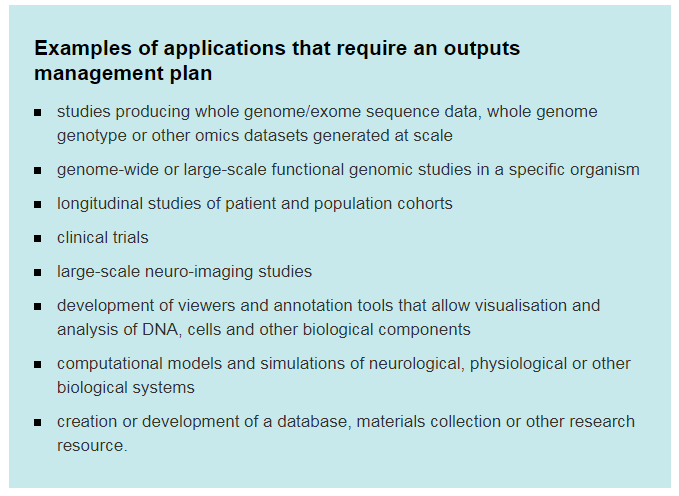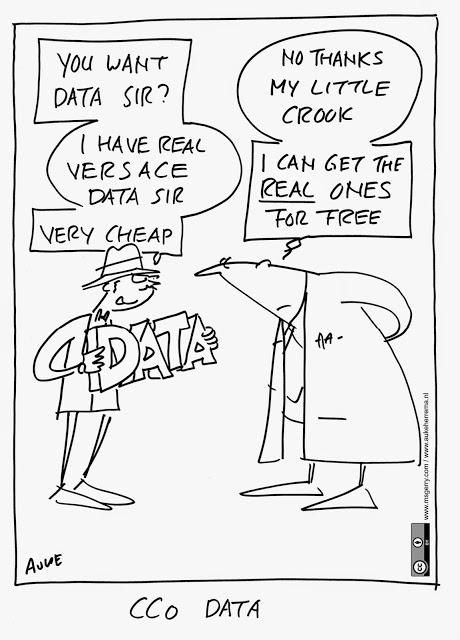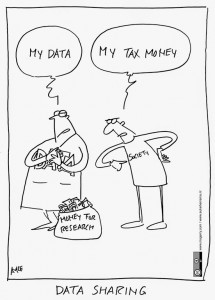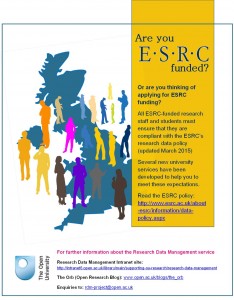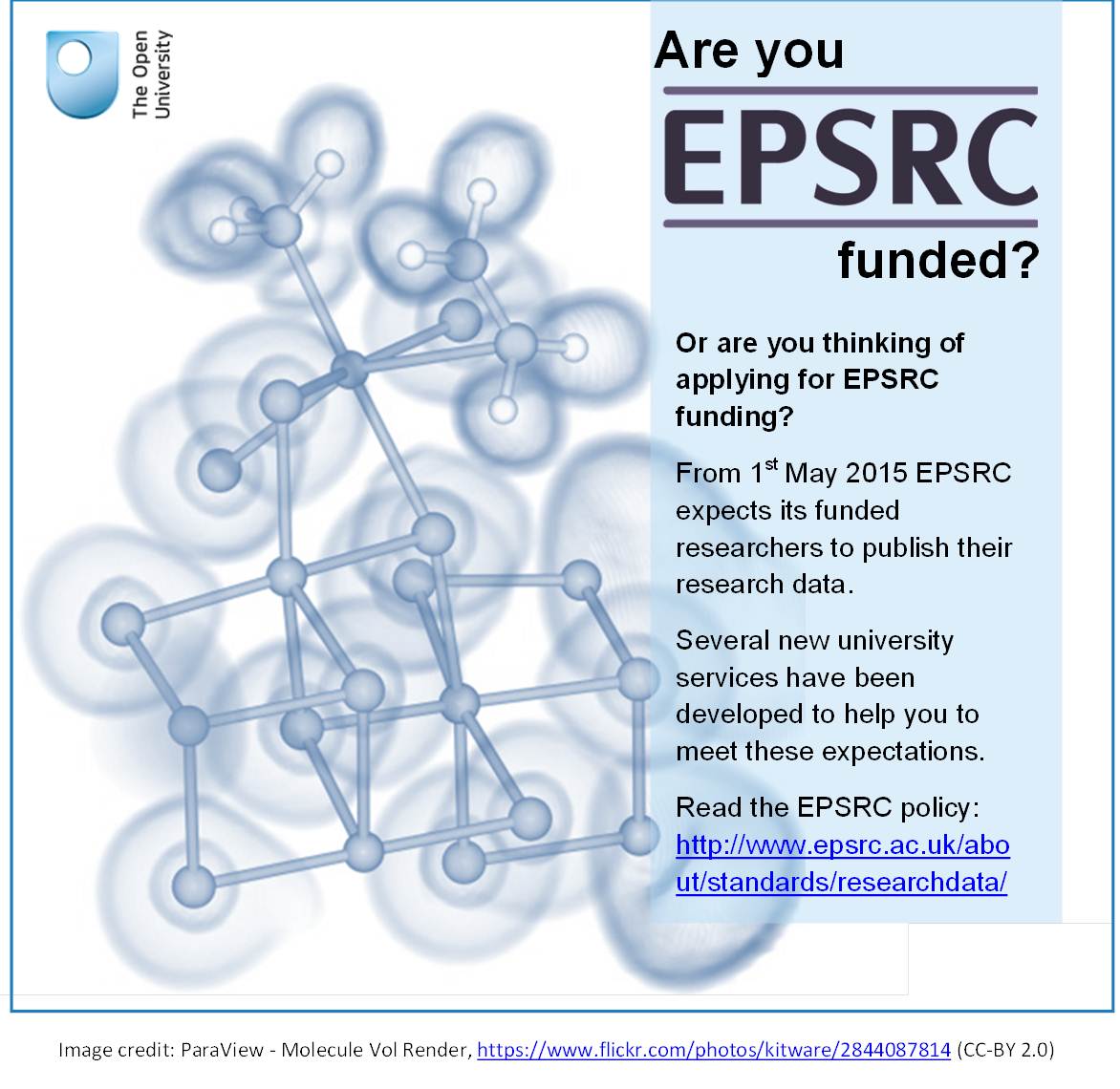Last week, the Wellcome Trust announced an update to their policy on managing and sharing research data, which is now a Policy on data, software and materials management and sharing.
Researchers applying to Wellcome in future will be required to prepare to share other outputs of their work, such as original software and research materials like antibodies, cell lines or reagents.
As David Carr, from Wellcome’s Open Research team, writes in their announcement:
“As a global research foundation, we’re dedicated to ensuring that the outputs of the research we fund – including publications, data, code and materials – can be accessed and used in ways that will maximise the resulting health benefits.
Making outputs available can spark new lines of discovery and innovation, and helps to ensure that findings can be verified and reproduced.”
Once the new policy is put in to place, applicants for Wellcome funding will have to complete a broader outputs management plan (rather than a data management plan) to address how other research outputs will be managed and shared.
The requirement for the new outputs management plans will be added to application forms over the next year. Guidance already exists on which kinds of work will require one:
Wellcome have long been champions of ‘open’, being one of the first to require those they fund to make their publications and data openly available, and this update reflects a move towards an Open Research approach, something they have been developing with their Open Research Pilot Project and Open Research publishing platform.
Would it be a surprise if other funders followed suit in expanding their requirements to explicitly consider other research outputs?
Questions about the policy can be put to the Wellcome Policy Team or feel free to get in touch with the us in the Library Research Support team, now or when you are writing your outputs management plan.


